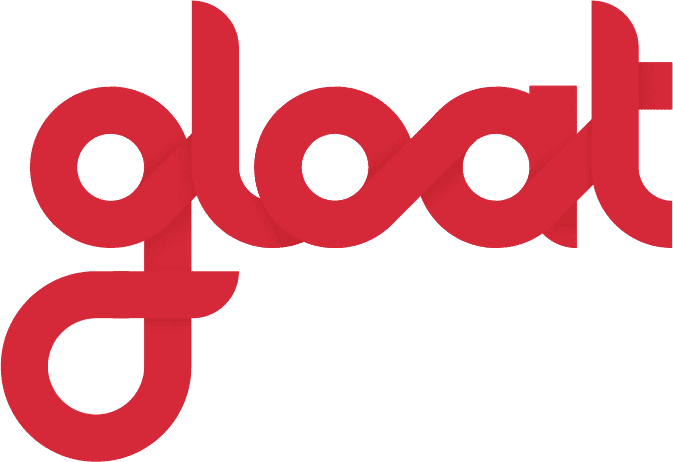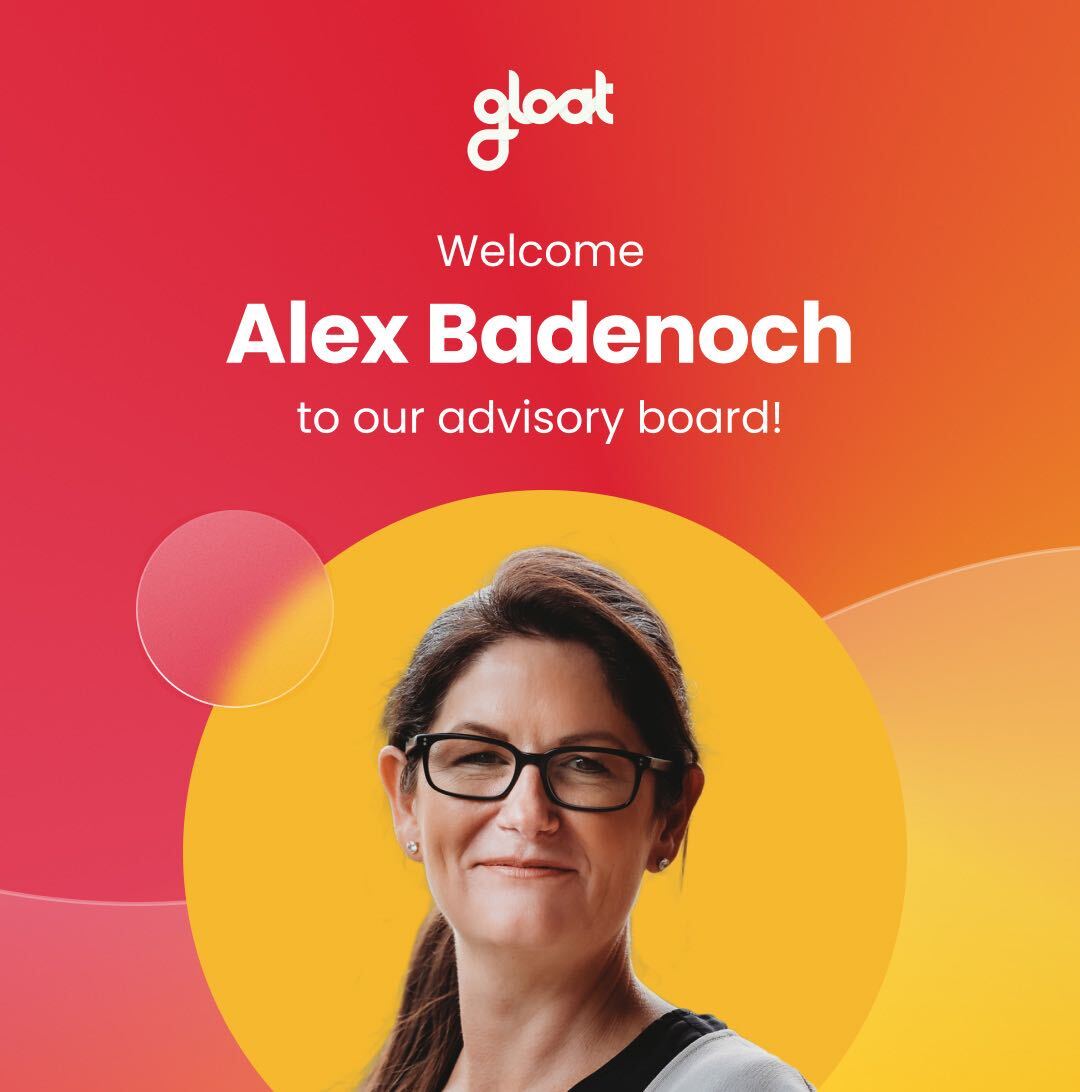A talk with DEI leader Netta Jenkins
Catching up with DEI leader Netta Jenkins on how to drive lasting change

At this point, most leaders recognize that diversity, equity, and inclusivity (DEI) must be at the forefront of every initiative. After COVID-19 shed light on work inequities and set years of cultural reckoning into motion, even the highest-ranking executives are taking part in discussions about how to level the playing field. In fact, nearly 50% of CEOs now count building a diverse, equitable, and inclusive workforce as one of their top challenges.
But while many organizations are releasing statements and conducting surveys, only a small number are going beyond the exploration stage by taking action. There’s still a lot of uncertainty about what it takes to drive meaningful change—which is why we reached out to one of LinkedIn’s top DEI influencers, Netta Jenkins, for her advice on what leaders can do to level the playing field.
In addition to her LinkedIn fame, Jenkins is the VP of Global Inclusion at Unqork, the founder of Holistic Inclusion Consulting, and the co-founder of Dipper, an online community and safe space for professionals of color to share their workplace experiences. We sat down with her to get our most pressing DEI questions answered, and we’re sharing the top takeaways below:
Hi Netta! Thanks for speaking with us. To start, can you tell us about what you’re currently working on?
My primary focus is the launch of the Dipper platform at ourdipper.com—where Black, Latinx, Asian, Indigenous, and all professionals of color are coming in droves to create profiles and network, but most of all to rate and review their workplace experiences. I co-founded Dipper with a former colleague and instant professional soulmate and we are beyond thrilled with how the launch is going, the twice-weekly LinkedIn livestreams, and the gems being dropped all around.
That’s against the backdrop of my full-time work for a truly revolutionary and committed company, Unqork, as well as my active consulting practice.
What is the most challenging component of your work as a DEI leader?
You have to remember that this field is about fighting ignorance and comfort in institutions with built-in, systemic racism. I focus on DEI and anti-racism consulting for many companies and it’s not only educating and changing one workplace at a time, it’s doing so for each senior leadership team, each C-suite member, each HR group, and every employee.
Can you share one highlight that comes to mind when thinking about inclusion in the tech industry?
I’d have to say the satisfaction I’m getting from Unqork’s commitment. We are promoting DEI on all fronts, including developing a product that measures DEI success, based on company, team, and individual KPIs. At the same time, we’re advancing the purpose of our Employee Resource Groups—which I call Employee Resource Strategy Groups—who are partners in progress for the company.
What’s the one thing most companies overlook when trying to build a DEI strategy?
Overall, it’s not just a “nice-to-have”—it’s the future. Generations coming up now demand not only a program but a way of being. If companies haven’t even started, they’re way behind. They won’t be able to hire from all of the full talent pools that they could be and they will struggle to retain and satisfy employees. Their products will be less successful because their target demographics will be uninterested or find more appealing competitive products or branding.
Again, this is entire generations—those that include people of all colors and ethnicities who expect more and who won’t tolerate narrow-mindedness.
If companies want to begin eliminating bias now, what are some of the best steps they can take to get started?
No matter how advanced a company is in its DEI efforts, it’s all about education. Recruiting staff needs to learn about ALL of the pipelines. Senior leaders need to learn what NOT to say. Employees better learn about micro-aggressions and their macro effects. Developers need to keep those algorithms inclusive—I mean, can we get a soap dispenser to give soap to Black hands? Can a Zoom background not cut off dark parts? There’s education needed for QA too!
What role does technology play in moving the needle and promoting DEI initiatives?
I just mentioned algorithms. Soap dispensers and Zoom backgrounds aside, there are some serious implications, such as applicant tracking systems that favor non-Black names or Ivy League schools. Some systems even screen out those with too much experience—leaving some of our wisest professionals out of the running.
Within organizations, we can use technology to create, implement, and track DEI KPIs. We can see what’s working across the organization—hiring, retention, product, revenue, and growth overall.
Can you share some of your favorite DEI quotes?
There are so many sides to DEI, so I’ll give you two perspectives. The first is that not only do you need a full-time, highly placed DEI professional, but that position must report directly into senior management. They should not be buried in HR as a secondary function of People Operations.
The more direct quote for anyone interested in supporting DEI efforts is the name of Dipper’s streaming series: “Shut Up and Listen!”
No matter where you are on your DEI path—whether a neophyte ally or a seasoned professional—there is always something to learn. You don’t always need to demonstrate how smart you are and how much you know already. Just listen—and learn—for that proverbial minute!




